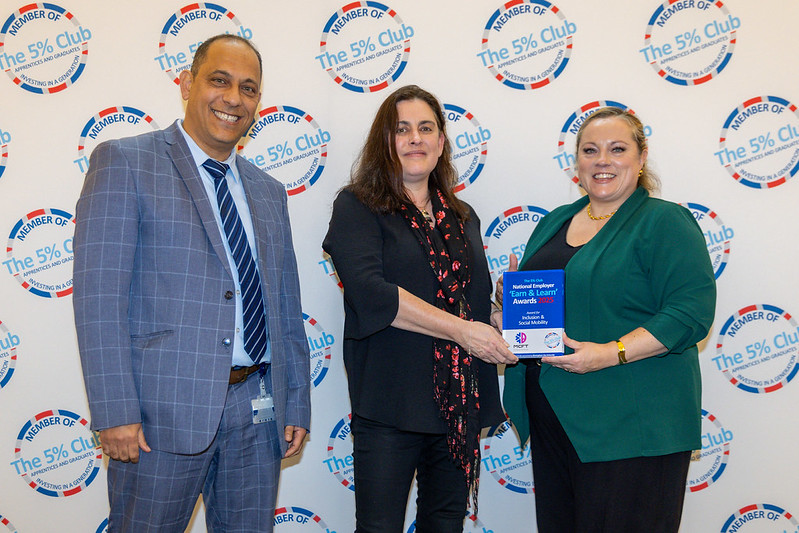The Skills Network advises tutors on how they can mitigate increasing workloads

Liam Sammon, Executive Director or Education Services and Innovation at The Skills Network, offers his insights into the increasing pressures put upon tutors, and the solutions in which tutors might mitigate them.
Liam Sammon said: “The responsibilities of a tutor in 2024 are more complex and nuanced than ever before. Beyond an organised curriculum, tutors are now required to deliver an ever-expanding package of information on a variety of real-world topics.
“We have always welcomed the continual refinement of what a comprehensive education should look like. A student should be treated as an individual, not just as a student, and as such they deserve the opportunity for personal development alongside their traditional education.
“But as tutors have sought to ensure this wider scope of delivery, whether it be through new, bespoke sessions or as part of a larger review of overall lesson structure, year-on-year, they have found themselves working longer hours.
“A recent government survey* found that tutors average 58.2 hours of work per week, which translates to around 11 hours a day. Indeed, 73% of tutors that were surveyed also felt as though their jobs did not leave them enough time for their personal lives.
“If you are to take required areas, such as those that might be categorised under ‘employability skills’ and break them down into just some of their component parts – organisation, communication, teamwork, and negotiation – you can see how even the development of requisite course materials becomes an intimidating responsibility.
“To help combat some of these challenges and alleviate pressures, The Skills Network has developed a comprehensive suite of personal development and curriculum enhancement training modules, so that tutors can both win back time for themselves, and as a result, for their students.
“Resources, such as this, have been designed to support the delivery of content required of a modern classroom of 16–19-year-olds by providing readily available learning modules and supporting materials.
“It is our hope that the implementation of such tools will provide tutors with a suite of ready-made content and resources that can be tailored to individual classroom requirements. As a result of this, we can start to give those working in the FE sector back the most important thing to their students – their time, and their attention.”











Responses